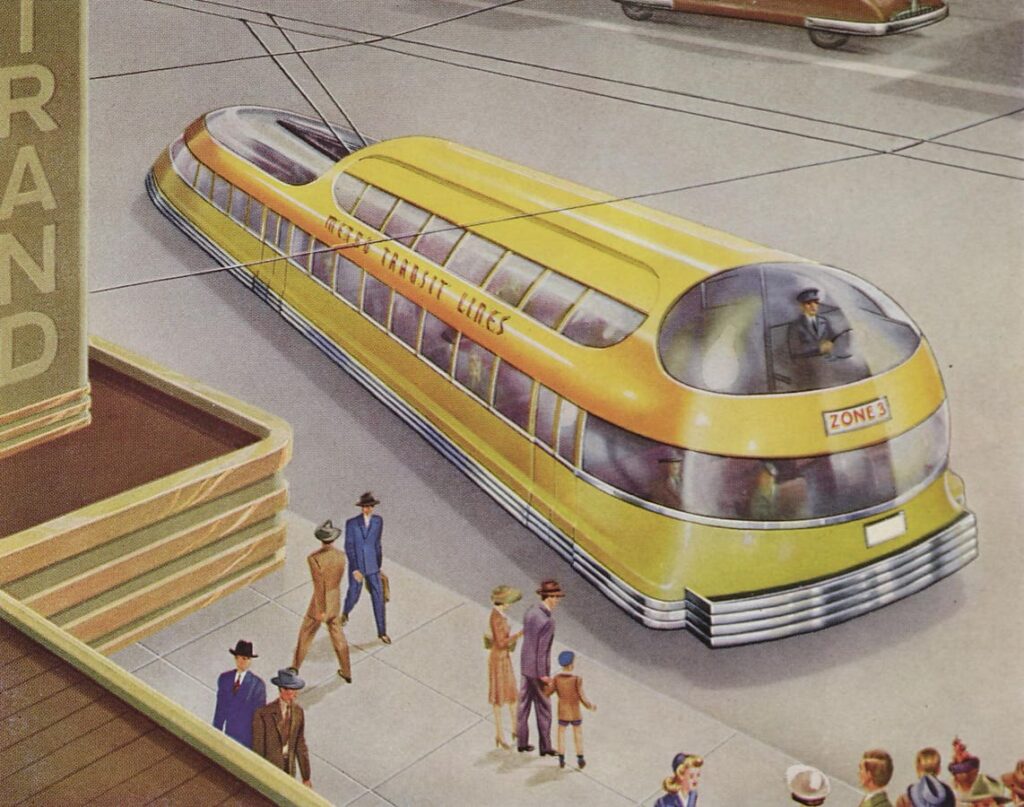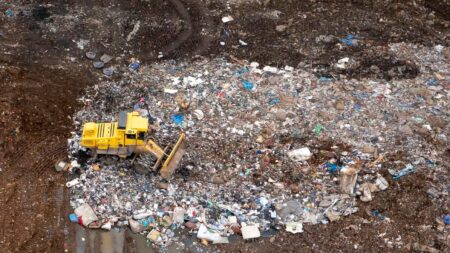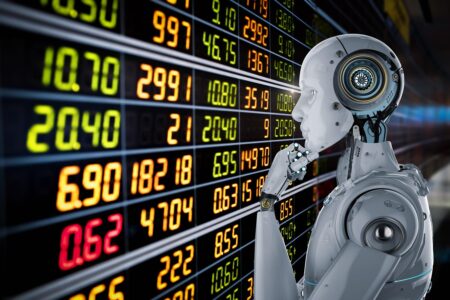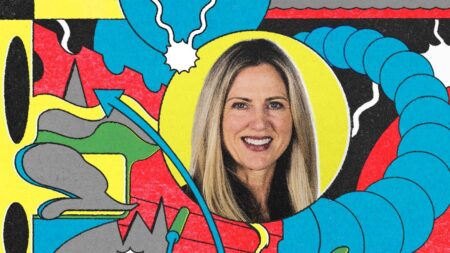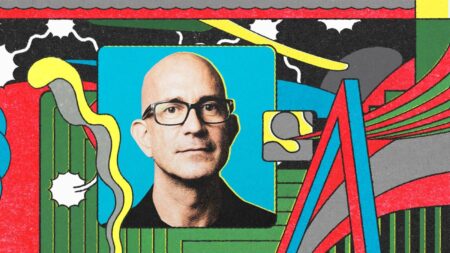According to a recent report published by Euromonitor, 2025 will be a crucial year for the automotive and mobility industry, with sustainability, digital transformation and shared mobility services shaping business strategies. These trends are best illustrated by the many new startups emerging in this space. Dollaride, Wright, it’s electric, and Yank Technologies are all addressing these trends in different but equally innovative ways.
Dollaride is a mobility company that brings clean and accessible transportation to underserved communities, addressing the issue of transit deserts, urban areas with limited public transportation options. CEO Su Sanni explains: “We lease EVs and charging stations to fleet operators at affordable rates, ensuring both sustainability and economic viability.”
Wright’s vision is to eliminate carbon emissions from all regional flights by 2040 and they plan to do this by designing and building ultra-lightweight motors, generators and batteries. CEO Jeffrey Engler notes that trends like improvements in battery technology and hydrogen fuel cells are critical, enabling heavy transportation applications such as aircraft to electrify, and concludes: “With these advancements, we’re opening doors to a more sustainable future for aerospace.”
It’s Electric is catering to residents in dense cities without off-street parking, it’s electric partners with property owners to power EV chargers using their spare electrical capacity. This community-based model eliminates the need for costly utility connections, making installations faster and more economical. CEO & Co-founder Nathan King highlights their compact, detachable charging cables as a unique feature: “It keeps sidewalks clear while providing a European-style charging experience that’s both efficient and aesthetically pleasing.”
Yank Technologies is developing long-range high-power wireless charging technology that has applications across a range of use cases and sectors, from manufacturing cargo bikes to the military. Their contactless wireless charging technology eliminates the need for complex wiring to enable new features and improve product reliability. CEO Josh Yank elaborates: “We ensure our systems can operate dynamically, whether it’s a seat moving inside a vehicle or powering a NASA rover on the moon.”
Clean Mobility Trends in 2025
The incoming administration’s policies on green energy and infrastructure are creating both opportunities and challenges for these startups. Many rely on grants and tax credits to support their initiatives, so there are some concerns about potential policy changes. Su Sanni of Dollaride expresses confidence, noting that their reliance on durable financial tools, like New Markets Tax Credit, protects them from political shifts. “We’ve chosen strategies that are bipartisan and not tied to federal EV-specific programs,” he explains. Similarly, Jeffrey Engler of Wright emphasizes diversification: “Our funding comes from multiple sources, ensuring resilience regardless of federal policy changes.”
Other topics these founders are monitoring closely in 2025 include the development of automation and electrification. Josh Yank foresees a significant uptick in automation, driven by the need to reduce manual tasks and leverage AI-powered systems. “Automation will play a critical role in bridging gaps in labor-intensive industries while enhancing operational efficiency,” he notes. Meanwhile, Nathan King of it’s electric highlights the increasing adoption of electrification across industries: “Electrification isn’t just about vehicles; it’s about transforming how we think about energy use, from powering homes to enabling entire job sites to run on clean, efficient battery systems,” he explains.
These startups exemplify the resilience and ingenuity required to navigate an industry in flux. By addressing immediate needs and anticipating future trends, they are not just solving today’s challenges but laying the groundwork for a sustainable and equitable mobility ecosystem.
For more on Forbes, ‘2025 Transportation Tech Wish List: Safety, Innovation, Infrastructure’.
Read the full article here




